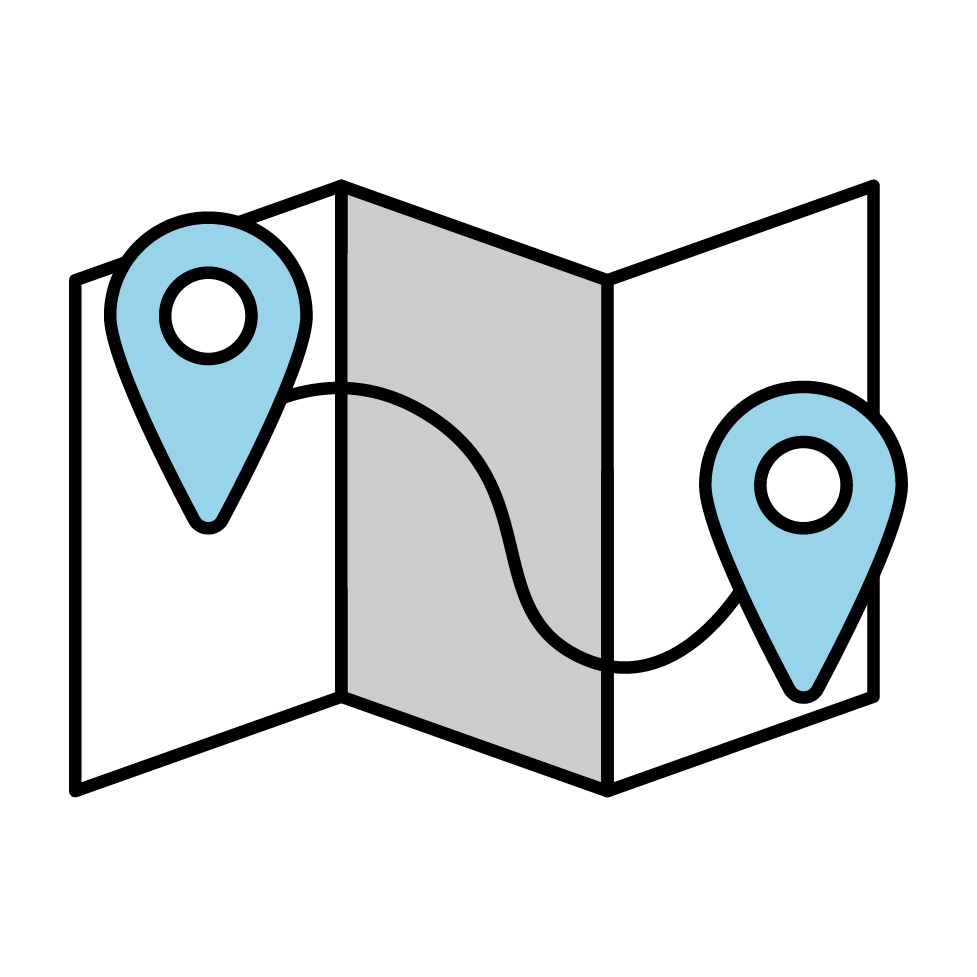Visiting International Research Students

UBC is a hub for outstanding researchers from around the world and welcomes Visiting International Research Students (VIRS) to participate in our community of inquiry.
A Visiting International Research Student is an international student conducting research full-time at UBC, under the supervision of a UBC faculty member. The student is either enrolled in an undergraduate, graduate, or graduate-equivalent program at another university or is a participant in a UBC-recognized (through Go Global) “bridging” program*.
A VIRS is enrolled as a “full-time” student at UBC for immigration purposes. VIRS students may not enroll in academic courses for credit, nor formally audit courses. The VIRS admission process is rolling and there are no deadlines.
*The standard VIRS application submission timeframe is at least 12 weeks before the planned start date of your research. However, due to delays in Canadian immigration document processing times across the globe, we recommend giving yourself more time. Your intended research start date should factor in the time it takes for your immigration documents to be processed, as well as extra lead time for passport requests (if you are coming from a non visa-exempt country). Check processing times for Canadian visas and study permits here, based on your country of citizenship.
*Examples of a “bridging” program: DAAD Rise Worldwide and Mitacs Globalink. Contact us with respect to other programs.
CONTACT US
When emailing us, include the following information in the email:
- Your student number in the subject line
- Your name
If inquiring about study permits, please be sure to include:
- Your citizenship(s)
- All permit and visa expiration dates (if applicable)
- Currently in Canada (YES or NO)
- If you request specific assistance, provide detailed information including applicable documents, such as a rejection letter
VIRS Advisors
VIRS contact email: virs.okanagan@ubc.ca
Global Engagement Office
UNC 227 – 3272 University Way
Kelowna, BC Canada V1V 1V7





